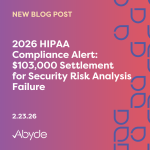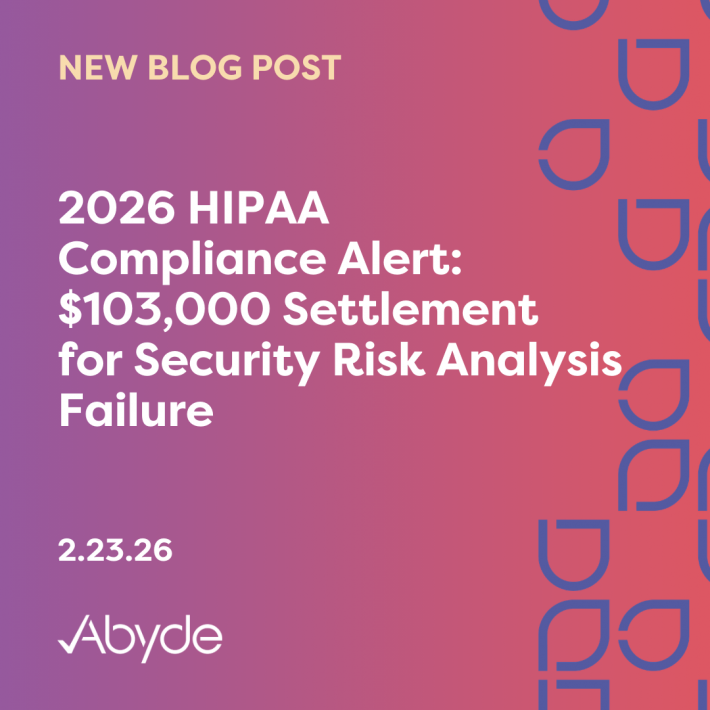September 9, 2020
HIPAA Settlements are more than just $$$
If you’re like most practices, you might just see $$$ when a HIPAA fine makes the news. And yeah – million dollar fines are no joke. But a HIPAA violation settlement is more than just a dollar sign, and often includes something called a ‘corrective action plan’.
This corrective action plan, or CAP, is basically equivalent to ‘you messed up, here’s two years of administrative paperwork to fix your issues and think about what you’ve done.’ Yeah, you read that right – two years. If you thought paying a fine and putting it behind you was the extent of the bad news, we’re here to tell you why a CAP is just as important if slapped with a HIPAA violation.
ALL the Paperwork
The goal of a CAP is to correct the issues that caused the HIPAA violation in the first place. However, CAP requirements aren’t just a simple ‘do this next time’ and involve quite a bit of paperwork. Over the course of the designated time frame, one to typically two years, practices are required to:
- Report regularly to the Office for Civil Rights (OCR)
- Implement specific HIPAA program policies or documents missing based on the type of violation (for example, business associate agreements or policies on proper employee training if the cause of the violation)
- Conduct a Security Risk Analysis (SRA) (either for the first time, or a new SRA)
- Develop a risk management plan to correct identified risks
- Complete regular paperwork to report progress
- Submit to additional audits that ensure the compliance program is progressing to HIPAA standards
Lets face it, no one likes paperwork (even hearing that word makes us cringe). Having to complete what’s required in a CAP is often far more paperwork than maintaining a regular HIPAA compliance program would be – another reason to be compliant before an incident occurs.
Even More Consequences
Failing to complete a corrective action plan within the designated time frame can void the initial settlement and can leave a practice open to additional fines and penalties – yikes. It may just be paperwork, but the OCR takes it seriously, and leaves practice’s having to juggle a CAP on top of their already full plate of patient care, regular operations, and reputation management after landing in the news for a HIPAA violation.
So, who doesn’t want to be stuck with a mound of paperwork and the OCR breathing down your neck? (We’re raising our hand – both hands actually.) Getting ahead of violations by completing the SRA and HIPAA program requirements before a breach, complaint or audit will save your practice the pain of a CAP and help avoid a violation in the first place. After all, if you have all the right policies, SRA, and risk management plan in place before a breach you’ve already got OCR requirements down – but with less time spent, on your own schedule, and without the OCR looking over your shoulder.





